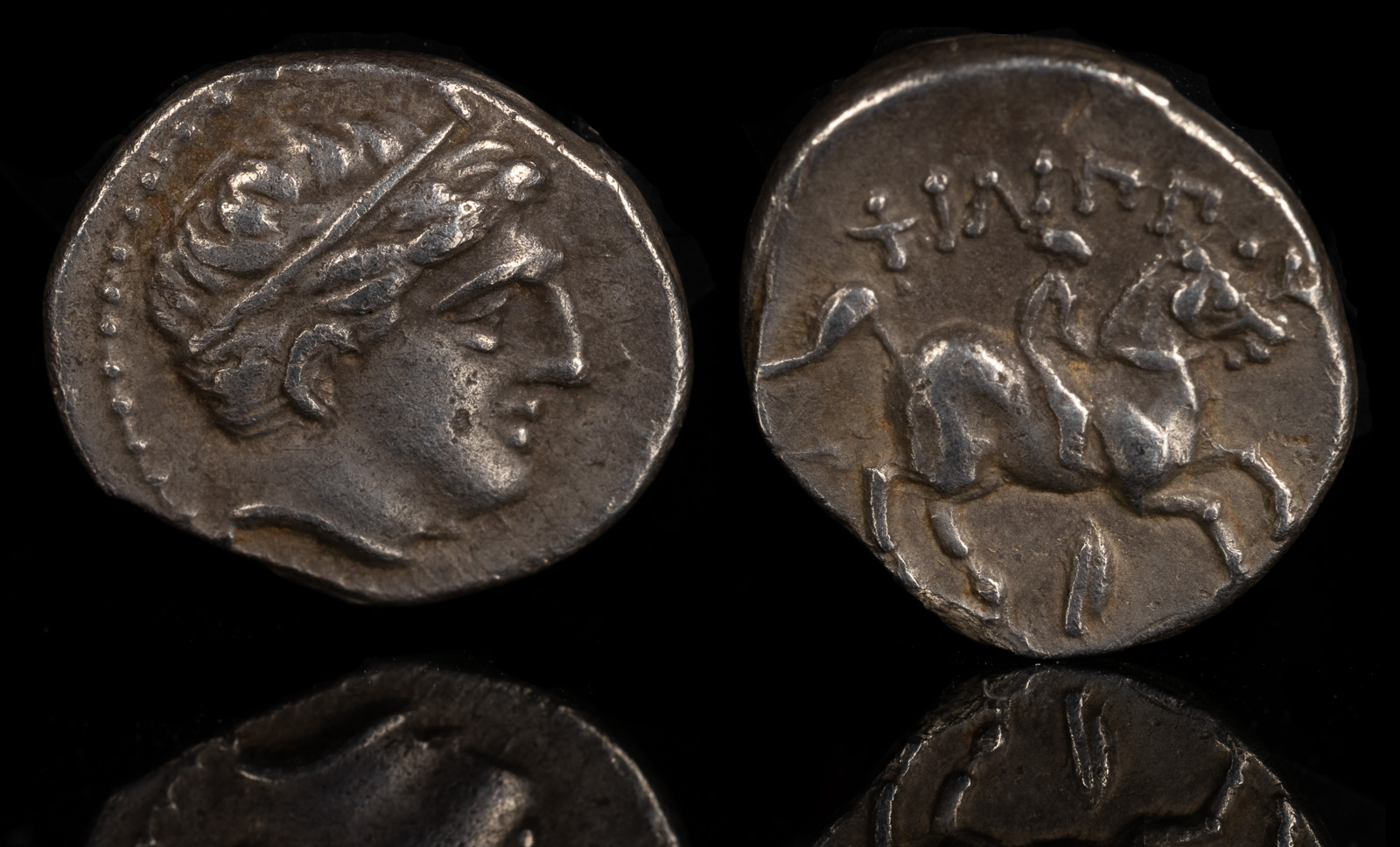Tainia
View All Tags
For women, the tainia often played a role in hairdressing. It was used to hold the hair in place, especially when the hair was styled into elaborate arrangements for festivals or public appearances. For instance, women involved in religious rituals or public ceremonies might wear the tainia as part of a more elaborate outfit, often in conjunction with other garments such as the chiton or peplos. The tainia for women could be plain or richly decorated with embroidered patterns and was sometimes made from precious materials like gold or silver, especially for those of high status.
Men also wore the tainia, but it was often associated with specific cultural or religious practices. Young men, particularly those of noble birth, might wear a tainia during athletic competitions, such as the Panathenaic Games, where it symbolized youth and vitality. The tainia was also linked to the cult of Apollo, especially for individuals involved in certain rites or festivals. The Greeks used it to mark occasions like weddings and sacrifices, where the tainia was often part of a wider set of rituals meant to honor the gods or signify a transition in life, such as adulthood.
In addition to its symbolic role in religious and public life, the tainia also had an aesthetic significance. It was often used to denote beauty and elegance, especially when it was woven from fine materials. Its usage in artwork and literature also suggests that it was seen as a mark of distinction, a way to denote refinement, and sometimes a means of indicating the wearer’s connection to the divine, as in the case of Apollo’s followers or women dedicated to the goddess Athena.
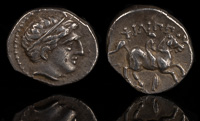
Adea Eurydike 318-317 BCE
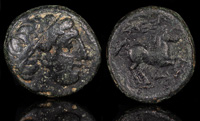
Alexander II 370-367 BCE
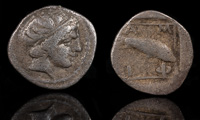
Amphipolis 357-353 BCE
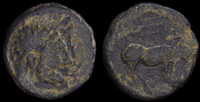
Caesarea Maritima, ca 2nd century CE
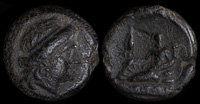
Odessos, Thrace 3rd cent BCE
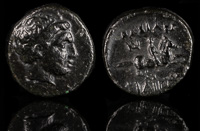
Philip IV 4th – early 3rd BCE
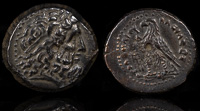
Ptolemy Epigonos 246-221 BCE
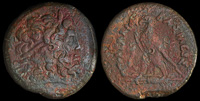
Ptolemy IV 222-204 BCE
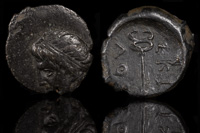
Skiathos, Thessaly 350-344 BCE
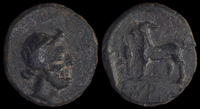
Syros, Cyclades 3rd-1st century BCE
